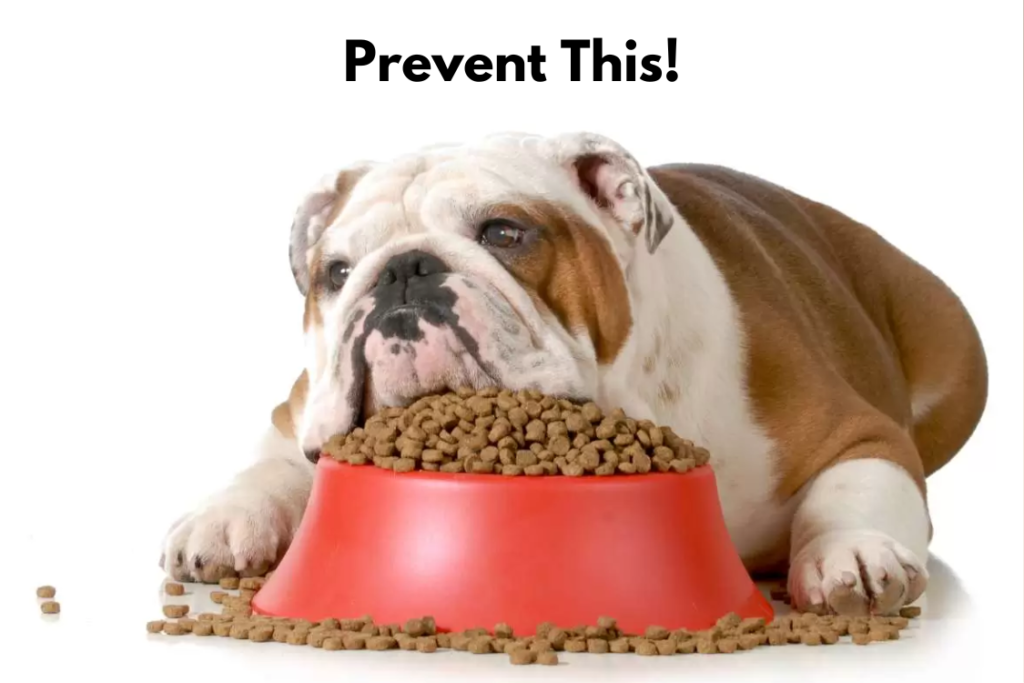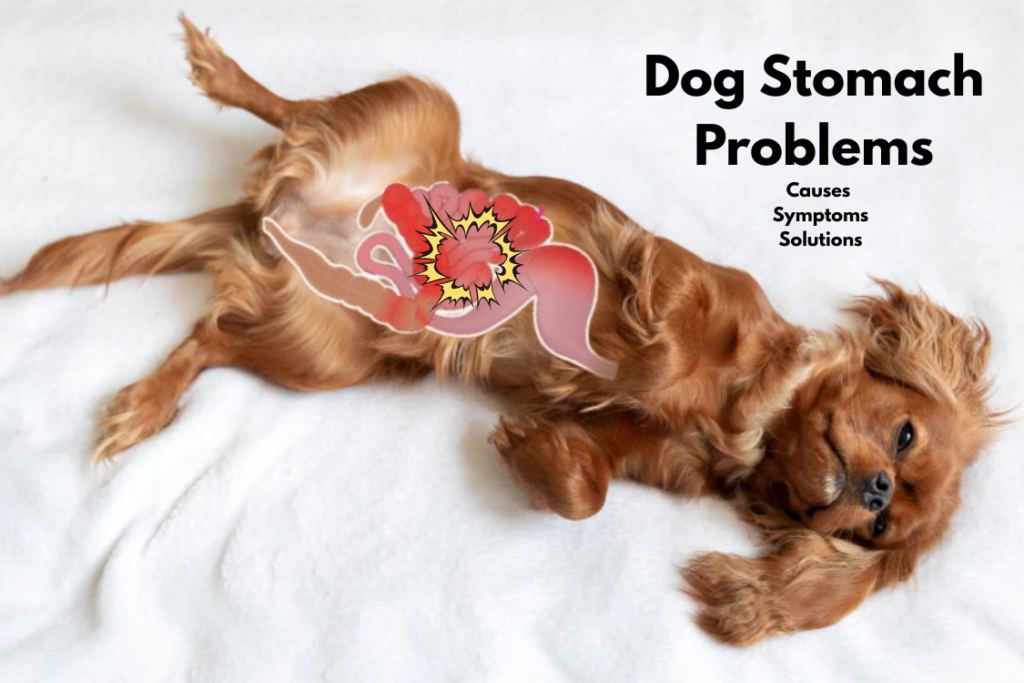A healthy digestive system is essential for your dog’s overall well-being. It ensures that nutrients are properly absorbed and waste is efficiently eliminated. However, when digestive issues arise, they can lead to discomfort, illness, and even long-term health complications. Identifying the signs early and knowing how to address them can make all the difference in your pet’s quality of life.
Common Causes of Digestive Issues in Dogs

Many factors can contribute to digestive problems in dogs. Understanding the root cause can help you take the right steps toward relief.
1. Dietary Indiscretion
Dogs are naturally curious and may eat things they shouldn’t, such as garbage, spoiled food, or even non-food items. This can lead to vomiting, diarrhea, and stomach pain.
2. Food Allergies and Sensitivities
Certain ingredients, such as grains, dairy, or specific proteins, may trigger digestive upset in some dogs. Common signs include chronic diarrhea, bloating, or skin issues.
3. Sudden Diet Changes
Switching your dog’s food too quickly can disrupt their digestive system. Gradually transitioning to new food over a week can help avoid stomach distress.
4. Parasites and Infections
Intestinal parasites like worms, giardia, and bacterial infections can cause severe digestive problems. Regular deworming and hygiene practices can help prevent infestations.
5. Underlying Medical Conditions
Conditions such as pancreatitis, inflammatory bowel disease (IBD), and exocrine pancreatic insufficiency (EPI) can lead to chronic digestive problems. A vet visit is crucial for proper diagnosis and treatment.
Symptoms of Digestive Disorders in Dogs

Recognizing the symptoms of digestive issues early can help prevent serious complications. Some of the most common signs include:
- Vomiting and nausea
- Diarrhea or constipation
- Loss of appetite
- Excessive gas or bloating
- Abdominal pain or discomfort
- Lethargy and dehydration
If your dog exhibits any of these symptoms persistently, consult a veterinarian for a thorough evaluation.
Effective Solutions for Dog Digestive Issues

The best treatment for digestive issues depends on the underlying cause. Here are some common approaches:
1. Adjusting Their Diet
A high-quality, easily digestible diet is essential for dogs with sensitive stomachs. Consider switching to:
- Limited ingredient diets (LID)
- Grain-free food or hypoallergenic formulas
- Prescription digestive care dog food
2. Probiotics and Digestive Enzymes
Adding probiotics to your dog’s diet can promote healthy gut flora and improve digestion. Digestive enzymes can help break down food for dogs with enzyme deficiencies.
3. Hydration and Electrolyte Balance
Ensuring your dog stays hydrated is crucial, especially if they have vomiting or diarrhea. Electrolyte solutions can help prevent dehydration.
4. Regular Exercise and Stress Management
Regular physical activity aids digestion by keeping the gastrointestinal tract moving. Reducing stress, such as separation anxiety or loud noises, can also prevent stomach issues.
5. Veterinary Treatment
For chronic digestive disorders, a vet may recommend:
- Medications to control inflammation or acid reflux
- Antibiotics for bacterial infections
- Specialized diets tailored to medical conditions
Bonus Tip : Considering Pet Insurance
When managing ongoing digestive issues or any medical conditions, it’s important to be financially prepared for potential vet bills. Comparing pet insurance plans can help ensure that you can afford the necessary treatments without worrying about unexpected costs. With the right coverage, you can focus on getting your dog the care they need to stay healthy and happy.
Preventing Digestive Issues in Dogs

While some digestive problems are unavoidable, you can take steps to reduce the risk:
- Feed your dog a balanced and high-quality diet
- Avoid feeding table scraps or toxic foods
- Maintain a consistent feeding schedule
- Keep their environment clean and free from harmful objects
- Schedule regular vet check-ups for early detection of issues
Final Thoughts: A Healthy Gut for a Happy Dog

Taking care of your dog’s digestive health is essential for their overall well-being. By recognizing symptoms early, providing a nutritious diet, and seeking veterinary care when needed, you can help your furry friend maintain a strong and healthy digestive system. If you’re a new dog owner and need guidance on proper nutrition, consider working with an online dog trainer who can offer expert advice on feeding, digestion, and overall health management. A little proactive care can go a long way in keeping your pup happy and comfortable for years to come!



